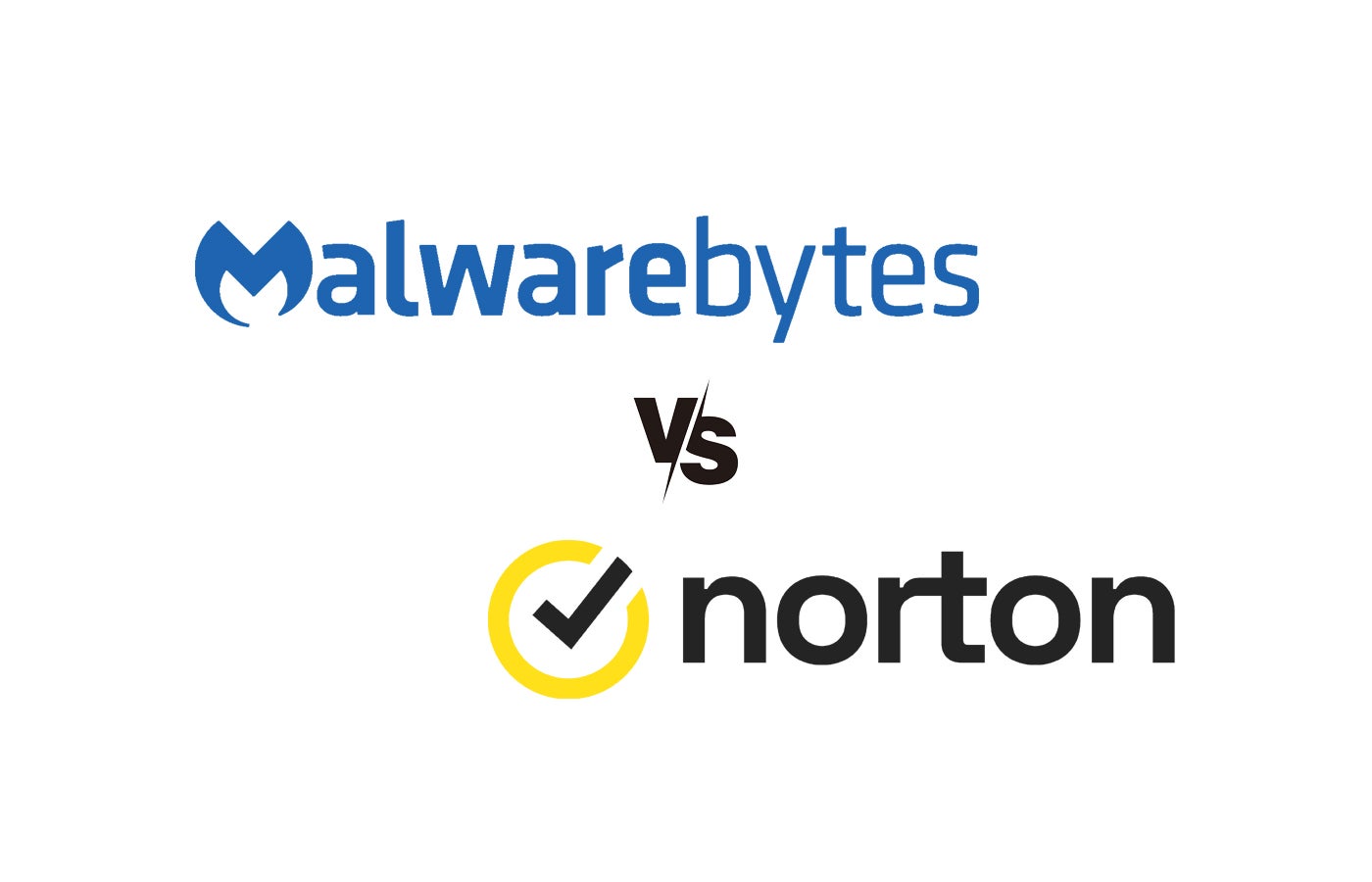
 technology
technology 
Companies know that cybersecurity isn’t negotiable in business. And, if you’re a tech professional with buying power, it’s good that you’re looking to compare Malwarebytes and Norton; they’re two of the most commonly used antivirus solutions.
Malwarebytes primarily focuses on malware removal after the system is infected and requires a deep clean. However, it also offers anti-ransomware, anti-spyware, antivirus and anti-malware solutions in a friendly interface. Norton offers a holistic approach to cybersecurity, so it’s ideal for an all-in-one solution.
In this comparison, we will explore the features, performance, pricing and overall user experience of Malwarebytes vs. Norton to help you decide the best antivirus solution for your business’ needs.
| Service/Feature | Norton | Malwarebytes |
|---|---|---|
| Best for | Users who need a comprehensive security option | Tech-savvy people who prefer complete control over their antivirus solutions |
| Starting Price | $19.99/year (first year only) | $59.99 for 3 devices per year |
| Available Platforms | Android, iOS, Windows, Mac | Android, iOS, Windows, Mac |
| Service and Support | 24/7 English chat support, robust community | Self-help knowledge base, email, limited phone support, live chat |
| VPN Included | Yes | Add-on |
| Firewall Available | Yes | No |
| Password Manager | Yes | Third-party add-on |
| Identity Protection | Yes | Yes |
| Ransomware Protection | Yes | Yes |
| Phishing Protection | Yes | Yes |
| Anti-spam Protection | Yes | No |
| Impact on Device (Performances) | High | Minimal |
In the Norton vs. Malwarebytes debate, it’s important to note the different pricing tiers catering to user needs. Many people will ask: Is Norton better than Malwarebytes? The answer might lie in the cost required to use each solution.
In addition to a 14-day free trial, Malwarebytes has plans for personal and business use.
Malwarebytes’ personal tier includes the following plans:
Malwarebytes’ business tier comes in the following bundles:
Pricing for Norton plans depends on the number of devices.
Both companies offer promotional pricing throughout the year. Therefore, it’s crucial to check current offers to make the most accurate comparison.
In many situations, Norton is more cost-effective for basic protection and individual users. However, Malwarebytes might be a better value for companies protecting multiple devices.
Let’s compare the standout features of each antivirus solution.
Because each antivirus solution must be downloaded and installed on your device, it’s important to consider how it will impact your device’s performance.
Norton has a higher system impact, so it might slow things down when you’re performing other activities on the computer, such as uploading files or loading applications. Malwarebytes doesn’t have this problem.
The higher system impact from Norton could be a drawback for some users, especially in a company setting. People are often multitasking and running resource-intensive programs. Though they may not have older hardware, it’s also possible to consider.
Malwarebytes has a minimal impact on your system’s performance, so it takes a more balanced approach. If users need to use other applications while still maintaining security, it could be the best choice. Likewise, if speed and performance are essential factors, Malwarebytes is the less intrusive version.
Norton offers a built-in firewall feature that actively controls and monitors your inbound/outbound traffic. This provides another layer of protection against intrusions. However, Malwarebytes doesn’t have a native firewall. Users must rely on third-party solutions or the operating system’s firewall.
The integrated approach Norton offers means a more streamlined experience. Though Malwarebytes does provide flexibility, users might not have comprehensive security.
Though Norton has a built-in password manager, Malwarebytes doesn’t. It’s possible to use a third-party add-on, but you lose some of the seamlessness in the bargain.
Virtual private networks are designed to protect a user while browsing the internet. Norton offers a VPN for the high-tier plans, which encrypts connections for more privacy.
Malwarebytes also offers VPN functionality, though it’s an add-on service. Therefore, you’ll pay more to enjoy the same features offered by Norton.
To compare Malwarebytes and Norton, we consulted the official websites of both solutions to extract detailed specifications, security features and pricing plans. We also looked at customer reviews and related discussions on forums that addressed speed and efficiency, ease of use, features and overall value.
Both Malwarebytes and Norton offer excellent cybersecurity solutions, though they have standout features that may make one more preferable than the other.
Norton is an all-inclusive security suite, so it’s ideal for people and companies seeking more comprehensive protection. Alternatively, Malwarebytes offers real-time defense and doesn’t impact the system as much, so it’s great in performance-sensitive environments.
If your company requires real-time protection without affecting system performance, Malwarebytes is the ideal option. However, Norton is great for companies managing sensitive information because they require a comprehensive solution.
Ultimately, your choice of antivirus solution should be made based on your business’ needs.
24World Media does not take any responsibility of the information you see on this page. The content this page contains is from independent third-party content provider. If you have any concerns regarding the content, please free to write us here: contact@24worldmedia.com